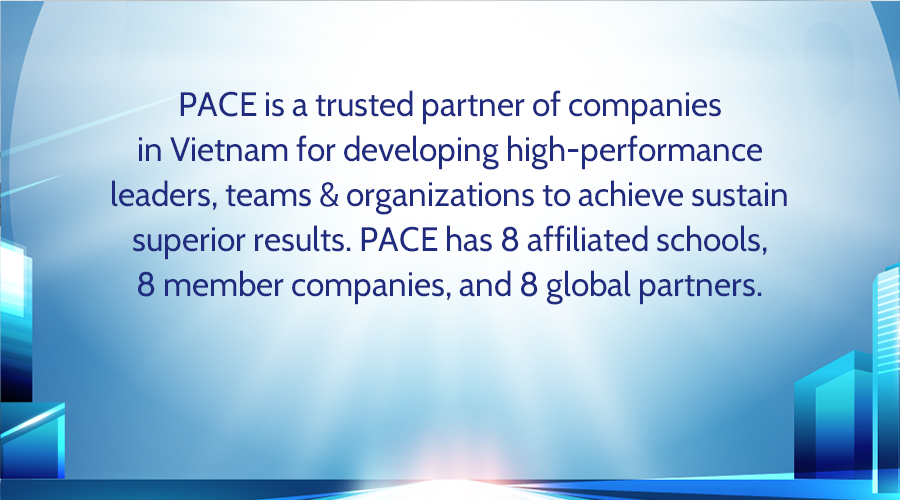If you are a business leader or a CEO - they were always confident in the ability of yourself and attract the attention of people with strong points in the areas of expertise. However, anyone will survive the weak points and strong points separately. It's a leader who needs to understand the weaknesses of yourself and figure out how to fix it effectively.
In the share with the Harvard Business Review, Jack Zenger and Joseph Folkman said the majority leader think they better than average. Confidence sometimes outrageous about abilities led to the leaders received very little feedback necessary to them better.
Find out weaknesses is an important factor:
According to a survey on methods of 3600, here is a survey to assess leaders in a comprehensive way through the feedback not only from leaders, managers but also from those who had contact with them work to look accurate and practical. This shows that most of the leaders are in their existence with few defects in many shortcomings. Already a man, no one is perfect, but in the process of management and evaluate thousands of leaders, this study shows that, most of the leaders are often not very aware of the defect was or know that cannot be overcome. Thus, the leader cannot turn weaknesses into strengths if still take time to deny them. So the first step is to learn to accept and clearly identify their own weaknesses are.
Most importantly, the more defects become another problem. Because they can become walls to obstruct the management and administration of the leaders.
For example, a good leader is someone who can communicate effectively, intelligent and assertive. If one lacks one feature, they'll be less effective, so to balance this possibility, as well as find ways to detect and improve weaknesses.
Whether people improve their leadership is quite experienced, there always exist weaknesses in themselves and that weakness is also an important factor.

Accept and overcome his weaknesses:
Weaknesses and strengths always interdependent, but himself many people think his ego was always perfect, excellence in all aspects including business career and a successful life.
In addition, when business leaders, yourselves the more they pressed themselves are always the best at everything. So throughout the search process, improve or offset the shortcomings, their leaders try to don't be obsessed or some friggin' slack following the mistake. Even the successful senior executives in business, politics or any field would inevitably make mistakes and suffer from weaknesses.
No one can be perfect, the pursuit of perfection just make yourself more tense disappointment in life. Instead, find out weaknesses as an essential element in the personality of the leader, as well as finding solutions to overcome them effectively.
There are many ways that can help leaders identify and learn to articulate the view that serious weaknesses or not. Leaders may find themselves a people which they thought was "truthful" and trusted to be able to share thoughts and difficulties. Because they will be the leaders of the most accurate answer. Or 3600 feedback method also results in equally to leaders more aware of the limitations that itself should draw experience and modifications.
"Learning" to create value:
Be a leader wisely. Not all managers are good leaders and not all the good leaders are talented managers. So try to become a good example in the best way possible.
Work improvement and practice those good leaders are made. Sam Walton - the founder of WalMart Corporation - once said: "I would love to learn. I learn anytime, anywhere, with every object, everything I have is today perhaps because I was fortunate to be a studious person and know learn the wisest”.
Leaders learn to create value for themselves is also to increase the value of intangible assets for businesses. By constantly trying to improve, learn, leaders will accumulate a lot of knowledge to business methodical, professional and keep up with the changes of the times, of the competitive pressure. "Learning" almost as instinct with every leader.
Source Harvard Business Review









.jpg)
.jpg)
